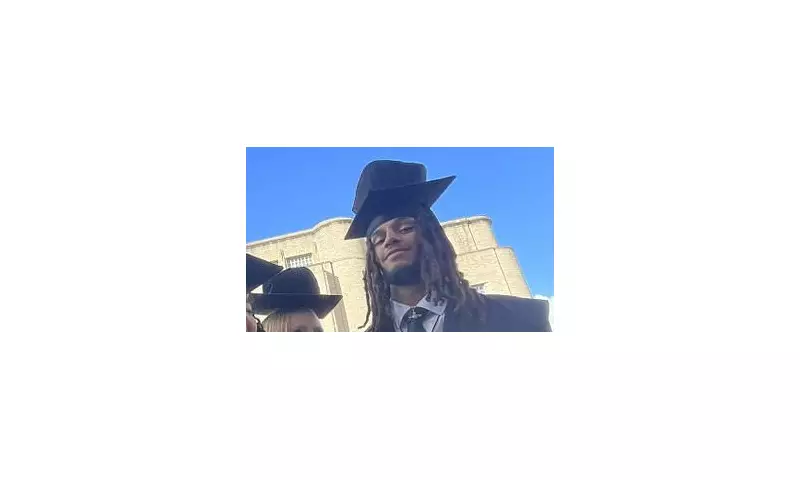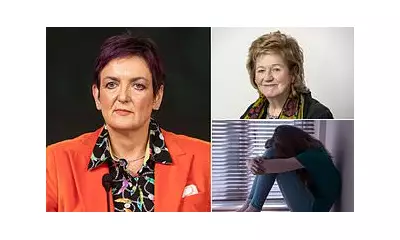
The hallowed halls of the Oxford Union are echoing with controversy this week as President Matthew Dick bypassed standard voting procedures to extend a speaking invitation to Charlie Kirk, the polarising founder of American conservative group Turning Point USA.
Democratic Process Sidestepped
In a move that has angered many members, Dick reportedly rejected calls to put Kirk's invitation to a standard vote among the Union's standing committee. This departure from established democratic norms has raised serious questions about transparency and process within one of the world's most famous debating societies.
The decision has created deep divisions within the Union membership, with many expressing concern that the president's unilateral action undermines the organisation's commitment to democratic principles.
Who is Charlie Kirk?
Charlie Kirk founded Turning Point USA in 2012 and has become one of America's most prominent conservative activists. His views on various social and political issues have frequently sparked controversy on university campuses across the United States.
Kirk's potential appearance at Oxford comes at a time when British universities are increasingly grappling with questions about free speech, platforming controversial figures, and the boundaries of acceptable discourse in academic settings.
Student Backlash and Concerns
The invitation has already prompted significant backlash from Oxford students and Union members. Critics argue that providing Kirk with such a prestigious platform legitimises views they consider harmful, particularly regarding LGBTQ+ rights, immigration, and other social issues.
"This isn't about limiting free speech," one postgraduate student commented anonymously. "It's about whether our democratic processes should be bypassed to platform someone with such divisive views."
Free Speech Versus Democratic Values
The situation presents a complex dilemma: balancing the Union's tradition of hosting diverse speakers with maintaining its internal democratic procedures. Supporters of the invitation argue that exposing students to a wide range of perspectives is essential to the Union's mission.
However, opponents contend that the manner of the invitation—circumventing normal voting channels—sets a dangerous precedent for how future speaking decisions might be made.
The controversy continues to develop as Union members consider their response and potential next steps in what has become a significant test for one of Oxford's most storied institutions.





